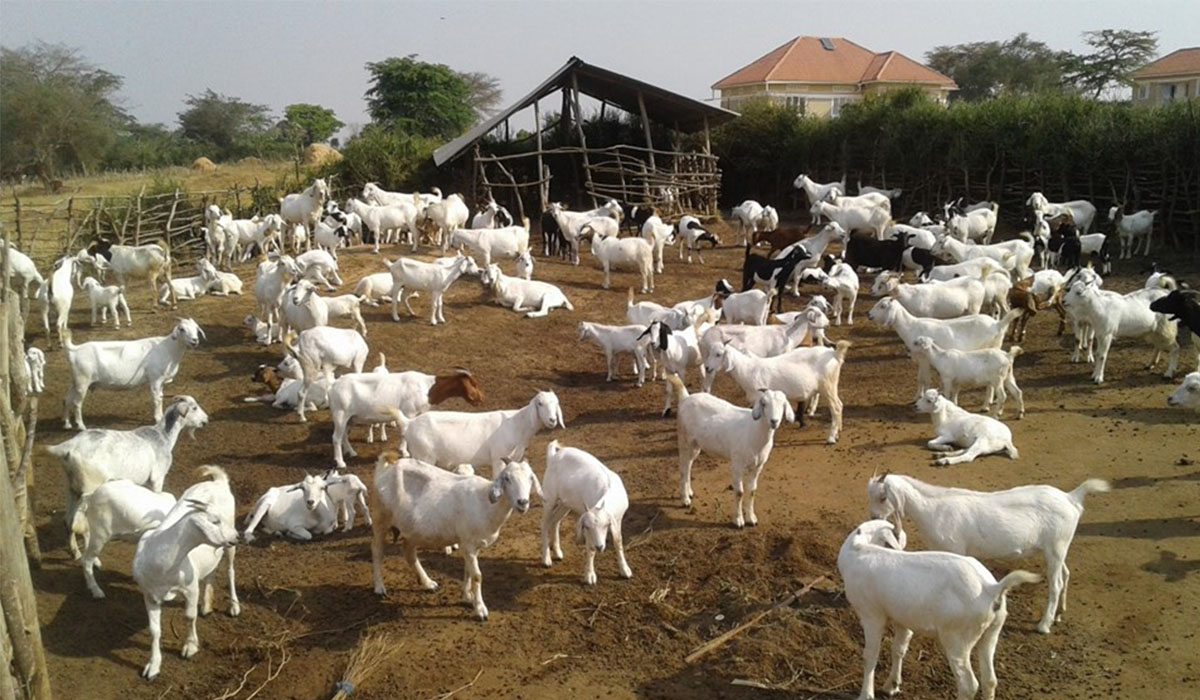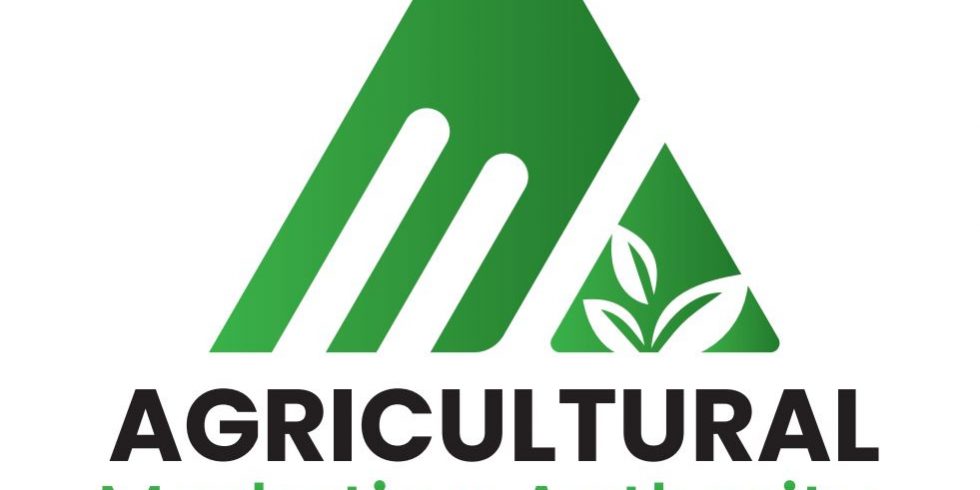
By Cliff Chiduku
Zimbabwe has for years been experiencing less and less rains owing to changing weather patterns.
In the face of climate change, farmers have to employ adaption and resilient mechanism or else they will suffer.
Farmers can spread the risk associated with changing weather patterns by planting various crops and raising different types of livestock. Diversification provides a buffer against crop failures, helps maintain soil health, and prevents the spreading of diseases and pests.
In livestock farming, diversification is also crucial. This strategy is aimed at spreading risks, maximise resource utilisation, and enhance overall productivity and sustainability. By diversifying the livestock component of a farm, farmers can benefit from improved efficiency and resilience in the face of market fluctuations or climate change.
Goat farming is underrated farming enterprise in Zimbabwe despite its potential to be a multi-billion-dollar industry.
Small ruminants, especially goats, have shown better adaptability to hot environments compared to large ruminants such as cattle.
Goats are generally easier and cheaper options for livestock production as the can thrive even in difficult conditions where there is less water. Goats can withstand drought conditions better than cattle and they can thrive even on shrubs and require less manage. Local breeds, in particular, have demonstrated superior adaptability to hot climates when compared to other breeds.
To beef up the national herd, President Emmerson Mnangagwa launched the Presidential Goat Scheme, which targets to benefit more than 3 million households. Under the programme, goats of improved genetics will be distributed across the country. This is meant to boast the breeding stock, numbers, and quality. According to the second Crop and Livestock Assessment Report for 2023, the goat population stands at 4.9 million.
Some private companies are complementing government efforts to boast the national goat herd by breeding Boer, Kalahari Red and Matabele goats. This is also meant to commercialise goat production, targeting the export market.
More small-holder farmers can eke out a living from goat farming, especially if the country develops genetics that thrive well in local environments.
Fodder
Supplementary feed is crucial in goat farming as it ensures adequate nutrition for growth and development, which ultimately results in better health and productivity. Zimbabwe, like many other developing countries, has a large population of small-holder farmers who rely heavily on livestock production, including goat farming.
In this regard, fodder production is an essential component of goat farming. Fodder includes grasses, legumes such as cowpeas, beans, and crops such as maize and sorghum. These types of fodder are rich in nutrients, which are essential for the health and growth of goats.
Good nutrition is critical in goat farming as it directly affects the growth, reproduction, and productivity. Inadequate nutrition can lead to stunted growth, higher mortality, and decreased production, which can have a significant impact on incomes.
Cross-breeding
Cross breeding of indigenous goats with exotic breeds like Boer and Kalahari is another practice that is significantly improving income to those in goat farming. Indigenous breeds are primarily kept for subsistence purposes as they have low weight and reproduction rates. By crossbreeding, farmers can improve the genetic makeup of goats to improve weight gain and reproduction rates, which ultimately lead to increased productivity.
Market
Marketing is another important consideration for small-holder goat farmers if they want to be successful. Most small-holder farmers rely on their goats for income generation. Therefore, it is crucial to market products effectively to increase their income.
Besides meat, goats can be reared for milk. Goats produce about 2% of the world’s total annual milk supply. Hides also fetch good prices on the local market. Demand for goat meat always outstrips supply locally and on the international market. This demand is driven by its nutritional values. Compared to red meats such as beef, mutton is lower in saturated fat and cholesterol, making it a healthier option for those who are health conscious.
According to ZimTrade, export opportunities are bound in DRC and United Arab Emirates, which has less stringent requirement as compared to European Union.
Besides the export market, farmers can sell their goats to local butcheries, hotels, schools, colleges, and churches.
Through the implementation of these practices, small holder goat farmers can improve their overall performance and compete at the marketplace, ultimately leading to better livelihoods for farmers and their communities.
Good housing is also essential for the success of a small-holder goat farming enterprise. Goats require good shelter – to be protected from predators and other hash weather. It is important to ensure that housing structures are well-ventilated, clean, raised floors and free from pests and diseases.
Good animal health is critical for the sustainability of the farming enterprise. Goats are susceptible to a variety of diseases and parasites, including respiratory infections and external parasites such as ticks and lice. Clean water, and appropriate housing are key components of a proper animal management system.
The Agricultural Marketing Authority (AMA) has several goat farmer training programmes lined up throughout the year. These initiatives are meant to commercialise the goat value chain in line with the government’s Rural Development 8.0 thrust and to upscale agriculture transformation. Commercialisation of the sector is limited, despite its potential.
Conclusion
By implementing appropriate animal husbandry practices and health management strategies, farmers can improve the productivity and profitability of their enterprises, while also contributing to the food and nutrition security and economic development as espoused in the National Development Strategy 1.
Word from the market is a column produced by the Agricultural Marketing Authority (AMA) to promote market driven production. Feedback cchiduku@ama.co.zw or WhatsApp +263781706212.





